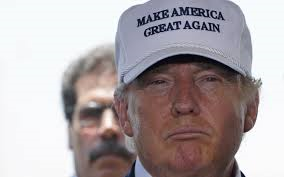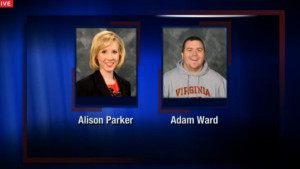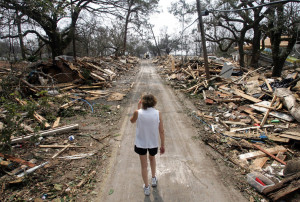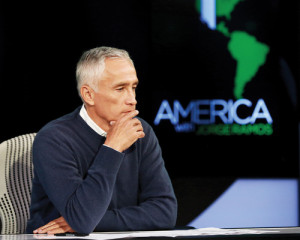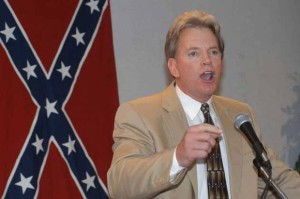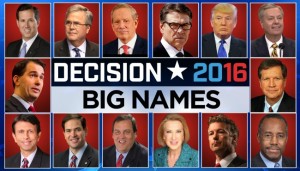Tod Robberson, writing a blog for the Dallas Morning News, poses a question that’s been nagging at me since I first heard Donald Trump make a certain proclamation.
Trump has promised to “make America great again.” He’s been wearing a gimme cap at campaign rally with the words written across the front of it.
My thought always has been that the United States is a great nation. It’s a superpower with unprecedented military capability. It’s economy remains — for now, at least — No. 1 in the world.
And people from other nations are flocking here — yes, even legally — to start new lives. As Robberson pointed out: “In fact, the very immigration issue that Trump has made the focal point of his campaign belies the assertion that America isn’t great. Why would millions of people risk their lives to come to this country, legally or illegally, if there weren’t something of overwhelming value drawing them specifically here? It’s actually a lot easier to migrate to Canada, Europe, Costa Rica or Brazil. But for some reason, people want to come to America. That’s because we are still the greatest nation on earth.”
Trump, though, is suggesting that the United States no longer is “exceptional,” to borrow a popular Republican mantra of past campaigns against the current Democratic president.
Robberson also shoots down the notion that during the Ronald Reagan years in the White House that the United States stood as the model for greatness that today’s GOP seeks to emulate.
It’s worth a look: http://dallasmorningviewsblog.dallasnews.com/2015/08/make-america-great-again-trump-needs-to-rethink-his-rhetoric.html/
I’m just wondering how Trump gets away with asserting the United States of America isn’t still the greatest nation on the planet.
